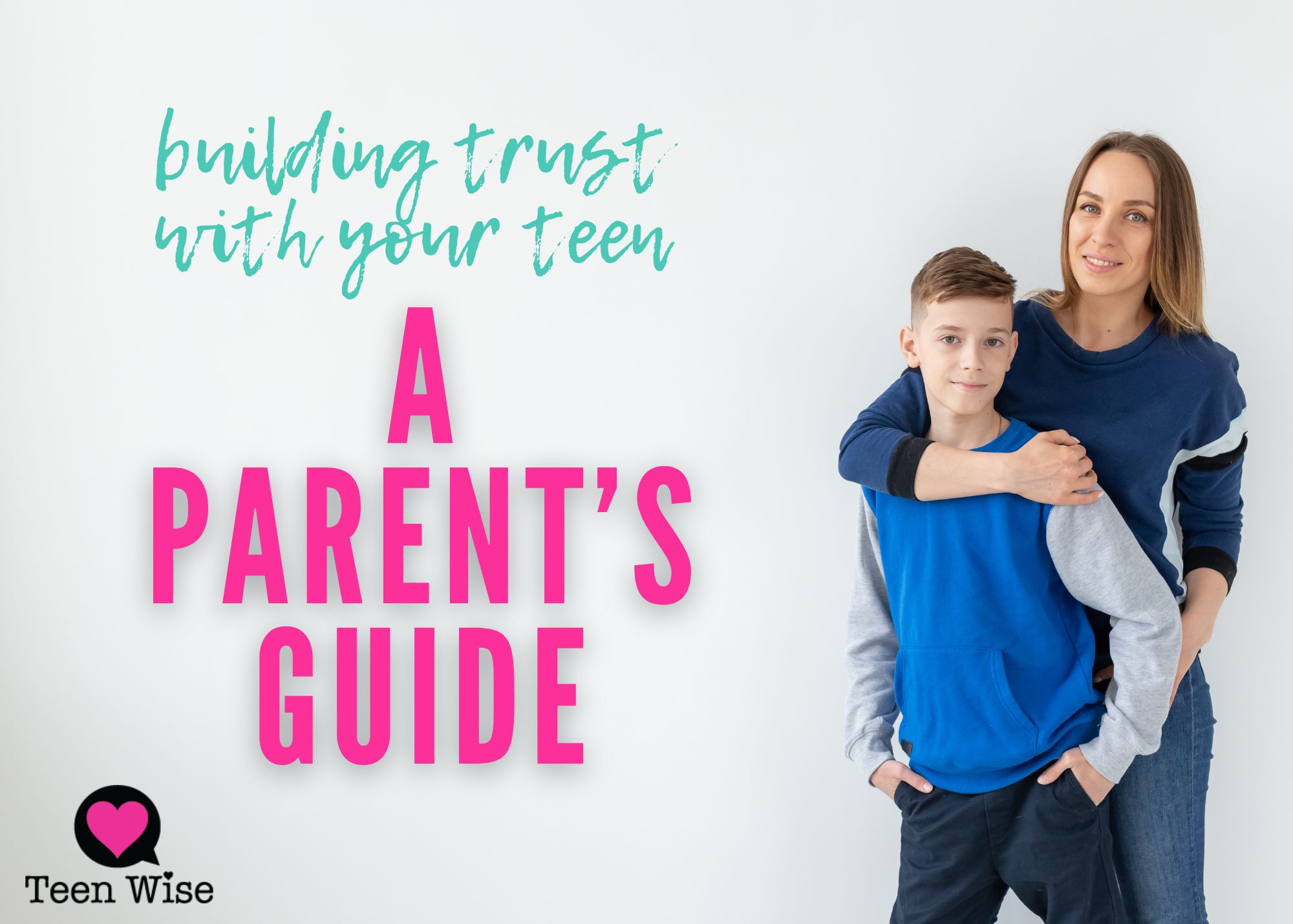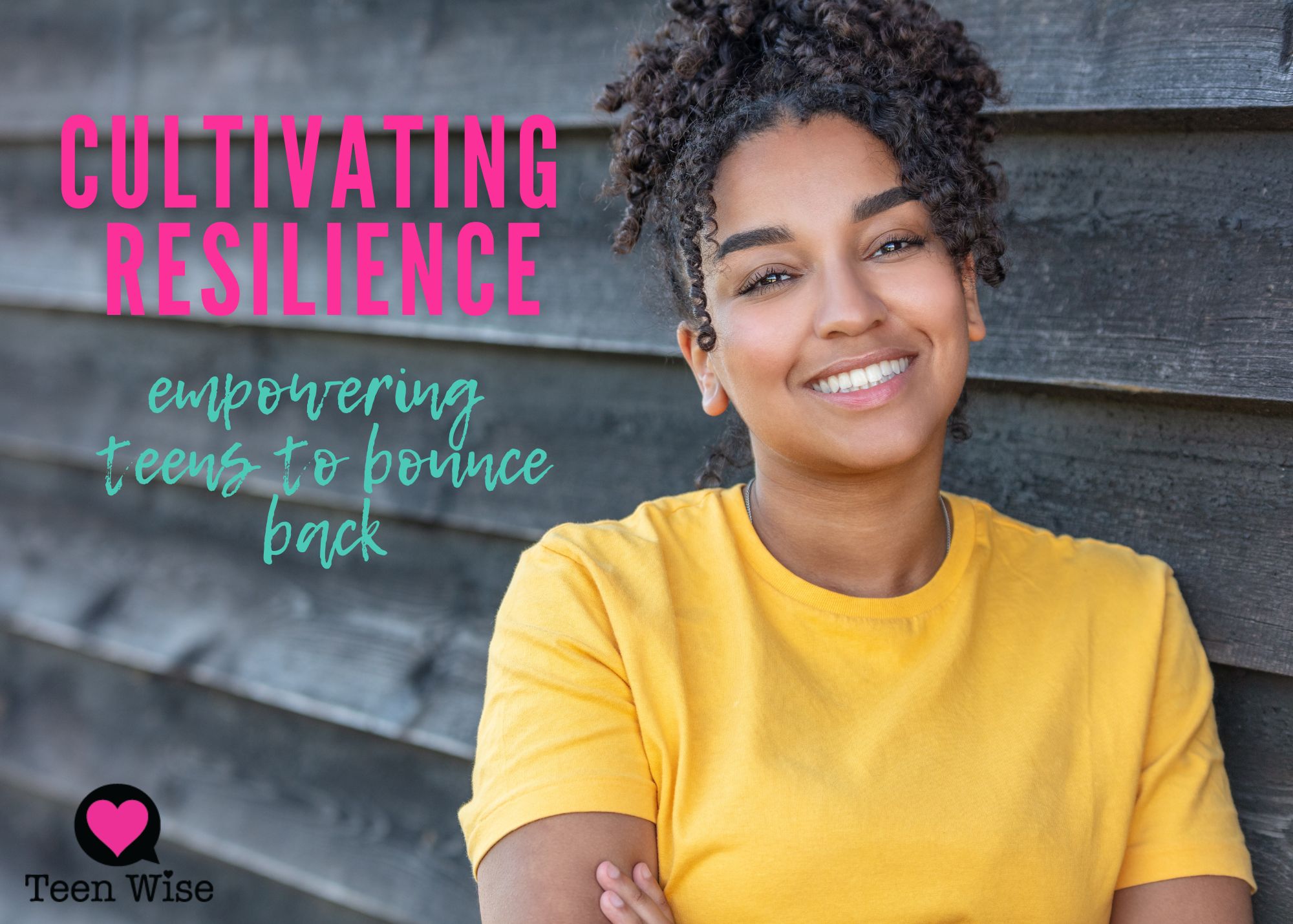Schools, parents, and counselors all drill it in to teens to speak up when someone is bullying them. However, we as parents and as a society forget to teach our teens when to speak up to authority figures. In fact, until the teen years, some often-used phrases are “listen to your teacher”,” don’t interrupt”, “do what they say”, “you have no choice”, and many more phrases that remind kids that authority figures are not to be questioned. The most famous phrase would be “Because I said so!”. For the most part, excluding dangerous or harmful situations, we tell our kids that they must listen to and not question authority figures. When big issues come up, parents do get involved and speak up against the authority figure. But at some point, the transition must be made so that the teens are able to speak up for themselves.
There are a few situations that I encountered as a teen that I still think about to this day. For example, I had a male band director that would walk by my chair in the morning and whisper in my ear “You look nice today” or “Your hair looks beautiful”. It was very inappropriate and made me feel uncomfortable. That same man would lecture during band about “lazy welfare recipients” (about 75% of the class had parents on welfare). No one in our band of 240 kids said a thing about it. This man was a major authority figure that was looked up to in the community. Once in a while this situation pops into my head, and I visualize myself giving this man a few choice words.
Here are some common situations in which teens should speak out:
- An authority figure is acting inappropriately
- Rules do not make sense
- An authority figure says something that is offensive or that goes against their core beliefs
- You have a true need that seems to be overlooked or authority refuses to handle
- Something was handled unfairly
Here are some examples of when not to speak out:
- You make a bad grade because you didn’t study
- You don’t like the rule just because you want things your way
- You are currently angry and not in control of your emotions
Let’s take my own personal example of the band director and come up with an action plan. It could have looked something like this…
- Think about why it bothers me so much
- Talk to my parents about it
- Come up with a well thought out statement regarding why his actions are inappropriate
- Submit a complaint in writing to his supervisor (This is when the persuasive writing skills taught in English class become helpful.)
- A meeting request should be included in the letter and a parent and perhaps other students (in the case of the welfare comments) should plan to be a part of the meeting
If I had taken these action steps, who knows what would have transpired. He could have been fired or given the proverbial slap on the wrist. Either way, it would have given me a feeling of empowerment rather than a feeling of helplessness. It would have also taught me the importance of taking action about something that bothered me rather than just complaining. Luckily I did learn these skills as an adult.
My suggestion to parents is to sit down with your teen and go over the common situations in which to speak out. They may have a few examples that are currently happening in their life or you can come up with one. Brainstorm with them the appropriate steps for that particular situation. And, most importantly, let them know that you are there for them every step of the way as they learn this important new life skill. If you have made a true impact, you might even expect a few of these written complaints handed to you by your teen. When my daughters were younger, one of them handed me a persuasive essay about why her bedtime should be changed!
With Heart,
Coach Sheri
Get the latest updates on our Facebook Community, Click HERE to Join.







